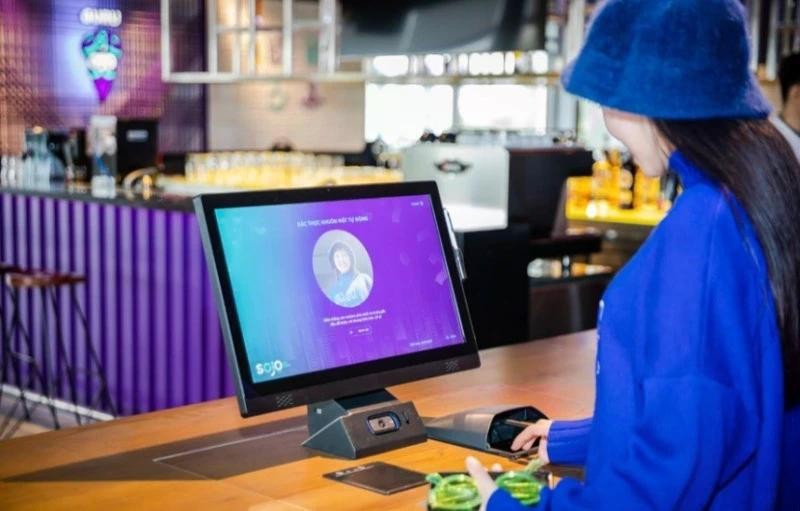
Chatbots, virtual assistants "bloom" in tourism
In the digital age, artificial intelligence is gradually penetrating every corner of life, and the tourism industry is no exception. From booking support, itinerary consulting to instant feedback via chatbots, virtual assistants have now become indispensable "companions" for both tourists and tourism businesses. The explosion of AI applications is contributing to changing the way people experience, manage and develop tourism services in the digital age.
In many countries such as Singapore, Japan, Korea..., airports, hotels and major tourist destinations have integrated AI chatbots and multilingual virtual assistants to serve tourists 24/7. These technologies not only replace consultants but also help customers easily search for information, book services or handle problems.
In Vietnam, some cities such as Quang Ninh, Hue, Da Nang ... have deployed AI-integrated applications to suggest schedules, restaurants, and hotels based on users' search habits.
Mr. Bui Thanh Tu, Marketing Director of BestPrice Travel, said that nowadays, tourists increasingly prefer personalized itineraries instead of fixed package tours. They want to focus on one destination to explore the culture and history more deeply instead of going to many places in a short time.
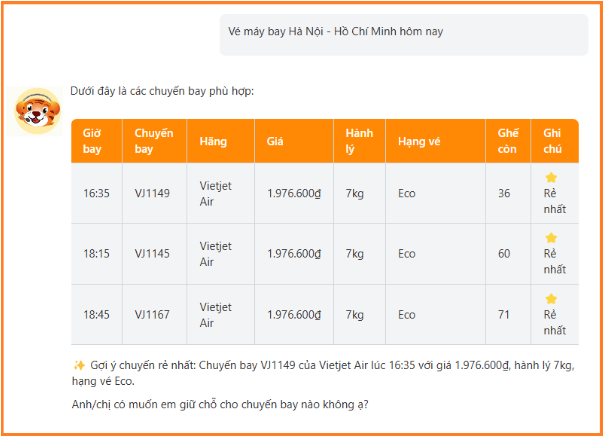
To meet this need, BestPrice Travel has introduced the solution “AI Assistant for Tourism” (virtual assistant for tourism) to help design schedules quickly, suggest suitable destinations and automatically quote prices. In which, the AI assistant can replace part of the work of the consultant team, respond quickly with just one command, helping to save costs, reduce human resources and improve customer experience.
“Customers tend to book private tours and with just one question, AI can give an answer almost immediately. This helps us save a lot of time and human resources,” Mr. Bui Thanh Tu shared.
According to the unit's statistics, the application of AI helps reduce the need for consulting staff by up to 40%. That shows clear efficiency in terms of costs and operational productivity.
As one of the pioneering enterprises applying technology in the tourism sector, Flamingo Redtour is actively perfecting smart software, focusing on enhancing interaction with customers. This software allows tourists to directly participate in the process of selecting and personalizing the itinerary, bringing a sense of initiative and excitement right from the planning stage. In addition, AI-integrated virtual assistants will replace most traditional interactions, supporting customers effectively, flexibly and quickly.
Flamingo Redtour is also considering the possibility of connecting with leading AI applications from major technology corporations in the world, to bring advanced experiences right within the company's own platform.
“We apply AI technology and big data to measure and analyze customer needs. Thanks to that, we build on what customers really want, especially the need for difference and unique experiences,” said Flamingo Redtour General Director Nguyen Cong Hoan.
According to Mr. Nguyen Cong Hoan, what customers expect from travel companies today is the ability to create a difference. These are values that direct service providers cannot provide.
“We focus on building products based on each specific demand segment. Even with Flamingo Redtour’s high-end tourism segment, customers with high spending power such as the middle class and business people need not only a destination, but also dedicated service and a different, classy experience. In fact, the market has a large number of customers willing to pay to be served according to their expectations of personalization and exclusivity,” Mr. Hoan expressed.
Need a development strategy
In the future, artificial intelligence will not only be a supporting tool, but also become an indispensable part of many industries, from manufacturing, education, healthcare to tourism and services. For the tourism industry, this is an opportunity to create a breakthrough in management, marketing and customer service.
Mr. Nguyen Tien Dat, General Director of AZA Travel, said that currently, the application of artificial intelligence is taking place strongly in the tourism sector, especially in the product development stage. If in the past, it was necessary to have an experienced employee with deep knowledge of the product to build a tour program, now AI can completely take on that job.
In just a few seconds, AI can create a travel program such as a Hanoi city tour or a Da Nang-Hoi An-Hue tour with content that closely matches the requirements. Thanks to its increasingly good ability to learn and process data, AI is gradually approaching the level of professional personnel in the field of tourism product design.
AI also effectively supports marketing, from creating text and image content to producing promotional videos. In the field of communication, AI contributes to improving the effectiveness of destination promotion and customer interaction, even in difficult markets or using uncommon languages.
Thanks to its ability to process diverse languages, AI can partially replace the role of tour guides in markets with a shortage of local human resources, helping to convey information to tourists vividly and accurately.
However, Mr. Dat also emphasized: “AI only plays a supporting role for human resources in the tourism industry, and cannot completely replace humans. No matter how smart AI is, it depends on the user. Whoever knows how to exploit and guide correctly will get good and accurate results. On the contrary, if you do not understand how to use it, it is difficult to promote the effectiveness of this technology.”
Although AI brings many benefits, the application of AI in the tourism industry also faces a number of challenges such as a shortage of high-quality human resources; large initial investment costs; personal data security issues...
According to experts, to apply artificial intelligence effectively and sustainably in the tourism industry, a clear, systematic and synchronous development strategy is needed. AI is not only a technology trend, but also an important tool to help improve customer experience, optimize operations and increase business competitiveness.
This strategy needs to start with the development of digital human resources, especially a team capable of combining technology and tourism expertise. At the same time, it is necessary to increase investment in data infrastructure, software, and shared platforms to facilitate the participation of small and medium-sized enterprises.
Building a digital ecosystem connecting technology companies and tourism businesses will create practical and highly innovative AI products. In addition, issues of data security and privacy also need to be focused on with a clear legal framework to create trust for customers. Support from the government in terms of policy and finance will also play a key role in promoting digital transformation and expanding AI applications across the industry.
Source: https://baolaocai.vn/ung-dung-ai-trong-du-lich-ca-nhan-hoa-trai-nghiem-toi-uu-hanh-trinh-post402741.html


![[Photo] The 1st Congress of Phu Tho Provincial Party Committee, term 2025-2030](https://vphoto.vietnam.vn/thumb/1200x675/vietnam/resource/IMAGE/2025/9/30/1507da06216649bba8a1ce6251816820)

![[Photo] General Secretary To Lam, Secretary of the Central Military Commission attends the 12th Party Congress of the Army](https://vphoto.vietnam.vn/thumb/1200x675/vietnam/resource/IMAGE/2025/9/30/9b63aaa37ddb472ead84e3870a8ae825)
![[Photo] General Secretary To Lam receives US Ambassador to Vietnam Marc Knapper](https://vphoto.vietnam.vn/thumb/1200x675/vietnam/resource/IMAGE/2025/9/29/c8fd0761aa184da7814aee57d87c49b3)

![[Photo] Solemn opening of the 12th Military Party Congress for the 2025-2030 term](https://vphoto.vietnam.vn/thumb/1200x675/vietnam/resource/IMAGE/2025/9/30/2cd383b3130d41a1a4b5ace0d5eb989d)




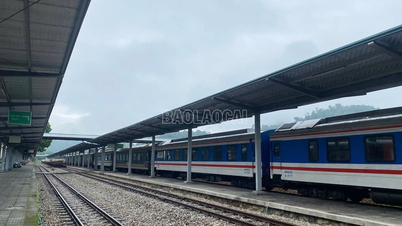







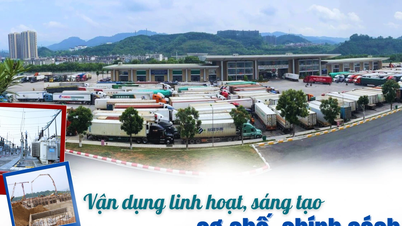
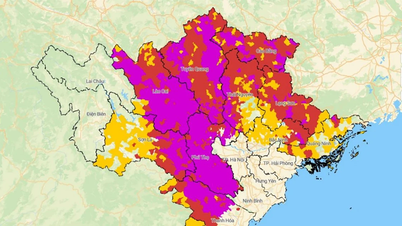

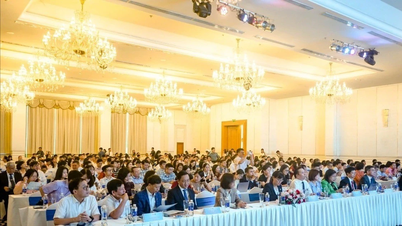
![[Photo] General Secretary To Lam attends the ceremony to celebrate the 80th anniversary of the post and telecommunications sector and the 66th anniversary of the science and technology sector.](https://vphoto.vietnam.vn/thumb/1200x675/vietnam/resource/IMAGE/2025/9/29/8e86b39b8fe44121a2b14a031f4cef46)




























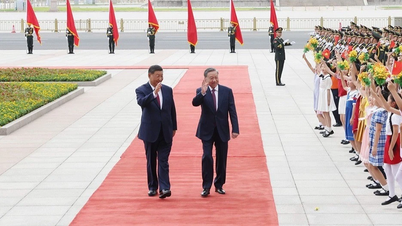
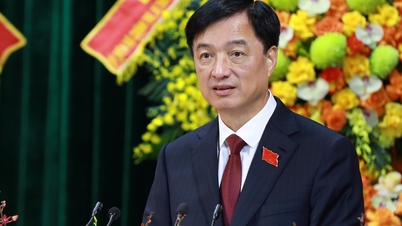


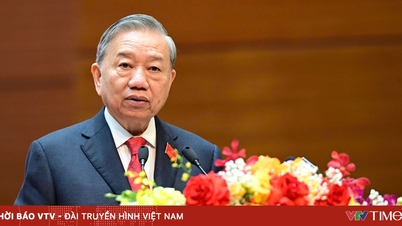

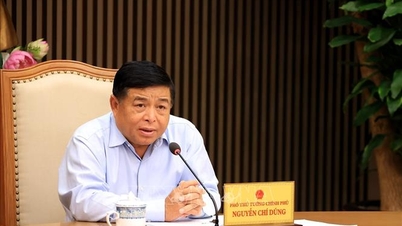







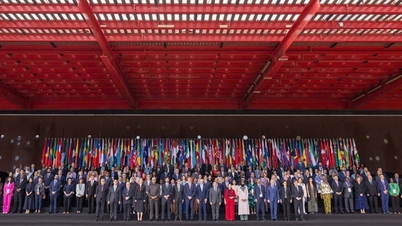
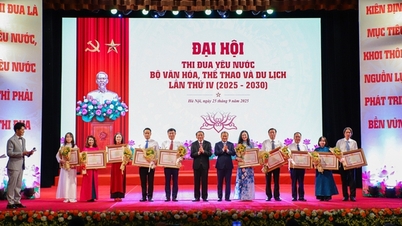



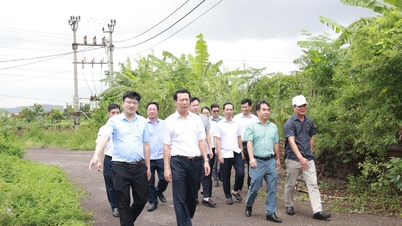





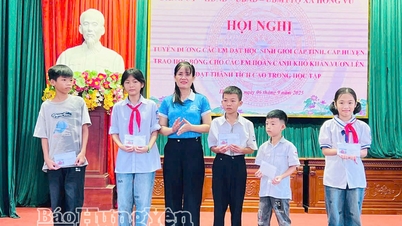














Comment (0)